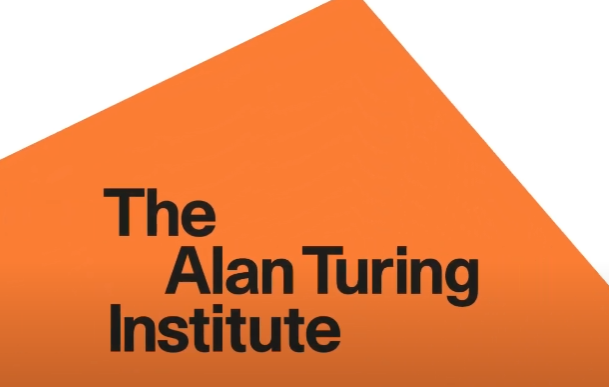The Charity Commission is assessing a complaint lodged by staff at the Alan Turing Institute, which reportedly raises concerns around governance at the technology charity.
According to reports staff claim there are internal culture and governance challenges at the charity, which was set up in 2015 to be the UK’s national organisation for data, science and AI.
They claim that the reported problems are linked to a call by the government to focus on defence research at the charity, which was awarded £100m by the previous Conservative administration last year.
“We are currently assessing concerns raised about the Alan Turing Institute to determine any regulatory role for us,” said a Charity Commission spokesperson.
This assessment is at its early stages, and no conclusions have been made, and the regulator has stressed that it has not launched a statutory inquiry.
It is understood that the charity has not been notified by the Charity Commission of a complaint and has not seen the letter sent by staff.
The charity has confirmed that it is moving away from a strategy of working on many individual research programmes to instead focus on a small number of projects.
It has also confirmed it has been sent a letter by technology secretary Peter Kyle outlining the government’s priorities for the Institute to support its policies.
“We’re shaping a new phase for the Turing, and this requires substantial organisational change to ensure we deliver on the promise and unique role of the UK’s national institute for data science and AI,” said an Alan Turing Institute spokesperson.
“As we move forward, we’re focused on delivering real-world impact across society’s biggest challenges, including responding to the national need to double down on our work in defence, national security and sovereign capabilities.”
Last year more than 90 staff complained to the charity’s board amid concerns over a cost-cutting programme including redundancies.
A previous whistleblowing complaint that had been lodged with UK Research and Innovation was independently investigated and found no concerns.
Whistleblowing advice
Following reports of staff concerns at the Alan Turing Institute, Paul O'Donnell, managing director at workplace relationships firm CMP, warns that even though legal protection for whistleblowers has been in place for almost three decades “it’s debatable whether there’s yet a full appreciation of the status of the whistleblower”.
"For charities with a public profile in particular, it’s critical they understand the differences between agitation, grievances and whistleblowing,” he added.
“There can be a fine line, but that’s not going to be a very strong excuse in court when there’s evidence of a lack of attention to detail.”
O’Donnell advises charities to appoint “a whistleblower guardian with responsibility for the whistleblowing process and for dealing with the issues raised; offering whistleblower training for managers; and developing a ‘rapid response system’, meaning investigations can be carried out and concerns addressed quickly”.
He added: “Whistleblowing only happens when a culture has gone wrong, when people feel they’re not or won’t be listened to - so, most of all, organisations need to focus on creating a culture of open and healthy, constructive conversations across levels.”
Latest News
-
Tributes paid to 'tenacious campaigner' who co-founded Terrence Higgins Trust
-
Man who set up fake animal charity jailed for five years
-
X-odus sparks video content boom among charities, report finds
-
Liz Turner: How a connected digital ecosystem transformed our volunteer experience
-
Charity handed £25m endowment from autistic philanthropist to help others on the spectrum
-
Civil Society Covenant blighted by delays and U-turns, report warns
Charity Times video Q&A: In conversation with Hilda Hayo, CEO of Dementia UK
Charity Times editor, Lauren Weymouth, is joined by Dementia UK CEO, Hilda Hayo to discuss why the charity receives such high workplace satisfaction results, what a positive working culture looks like and the importance of lived experience among staff. The pair talk about challenges facing the charity, the impact felt by the pandemic and how it's striving to overcome obstacles and continue to be a highly impactful organisation for anybody affected by dementia.
Charity Times Awards 2023
Mitigating risk and reducing claims

The cost-of-living crisis is impacting charities in a number of ways, including the risks they take. Endsleigh Insurance’s* senior risk management consultant Scott Crichton joins Charity Times to discuss the ramifications of prioritising certain types of risk over others, the financial implications risk can have if not managed properly, and tips for charities to help manage those risks.
* Coming soon… Howden, the new name for Endsleigh.
* Coming soon… Howden, the new name for Endsleigh.
Better Society

© 2021 Perspective Publishing Privacy & Cookies














Recent Stories